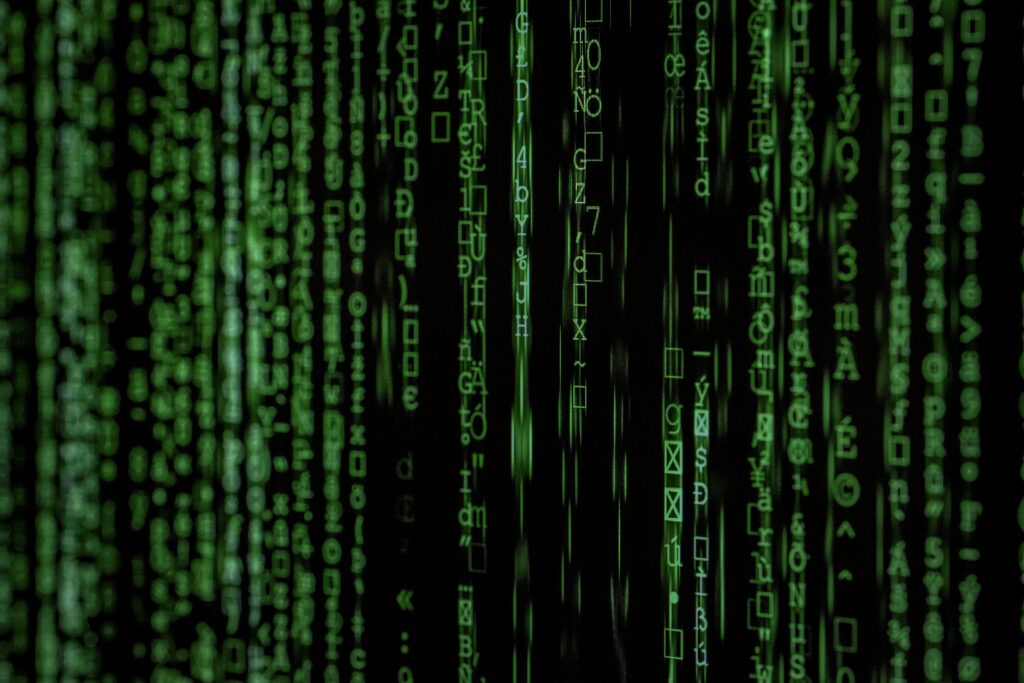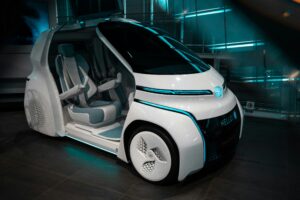As we hurtle towards a future dominated by artificial intelligence and automation, one industry seems to stand out for its unique approach to embracing technology: the wine industry. Yes, you read that right. With the rise of smart vineyards and AI-powered winemaking processes, it seems that even the most traditional of industries is not immune to the lure of cutting-edge technology.
In recent years, wineries around the world have been implementing innovative technologies to improve the quality and efficiency of their production processes. From using drones and satellite imagery to monitor vineyards and optimize irrigation, to AI algorithms that analyze fermentation data and predict the perfect moment to harvest grapes, the wine industry is undergoing a digital transformation like never before.
According to a report by Market Research Future, the global smart agriculture market, which includes technologies used in viticulture, is expected to reach a value of $15.3 billion by 2023. This rapid growth is a testament to the increasing adoption of smart technologies in agriculture, as winemakers strive to produce higher-quality wines while reducing costs and minimizing environmental impact.
But what does this mean for the future of winemaking? Will technology ultimately replace the human touch that gives wine its unique character and complexity? While some purists may fear a world where robots replace winemakers, others see technology as a tool to enhance and elevate the winemaking process. Ultimately, only time will tell how the marriage of tradition and technology will shape the future of the wine industry.



